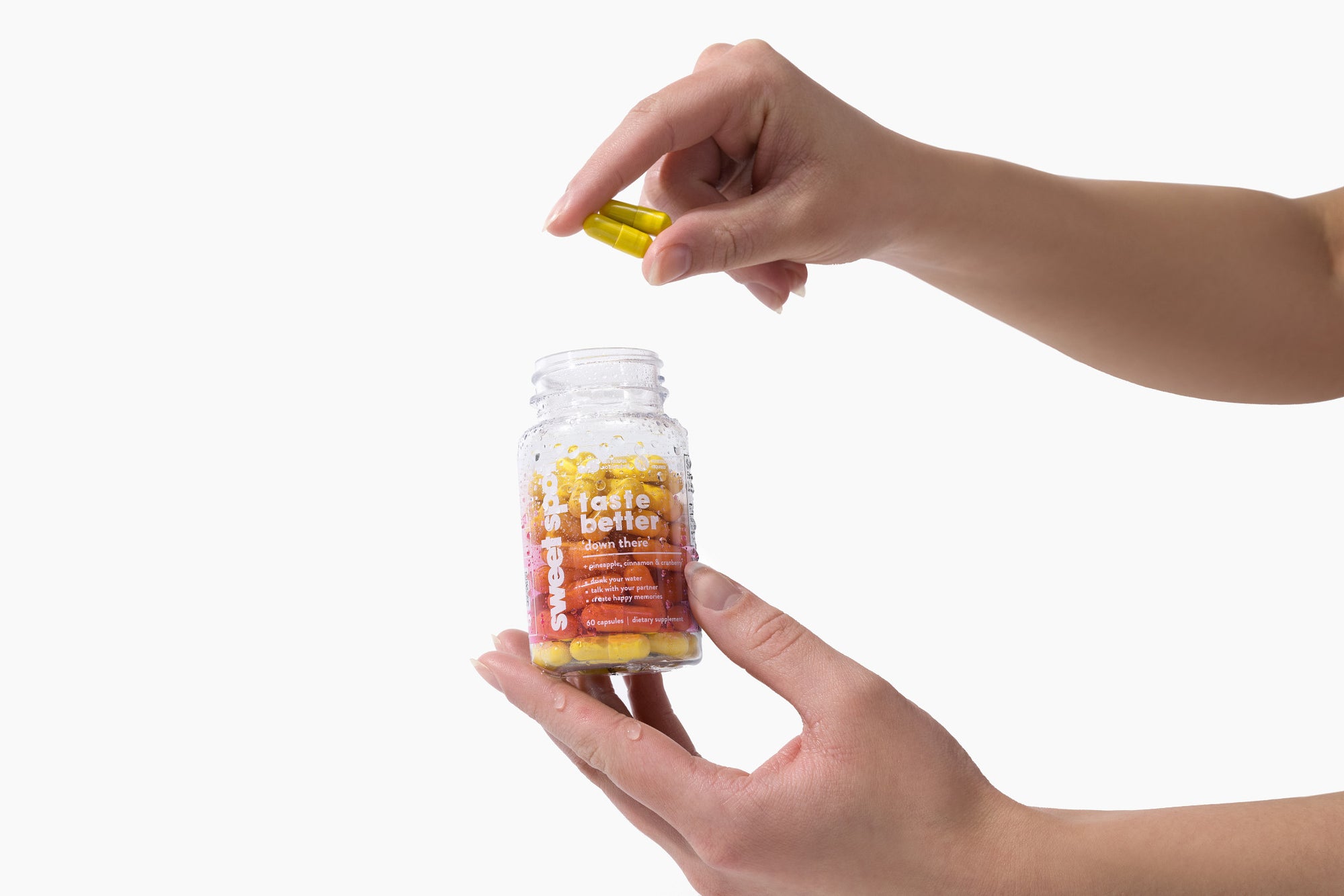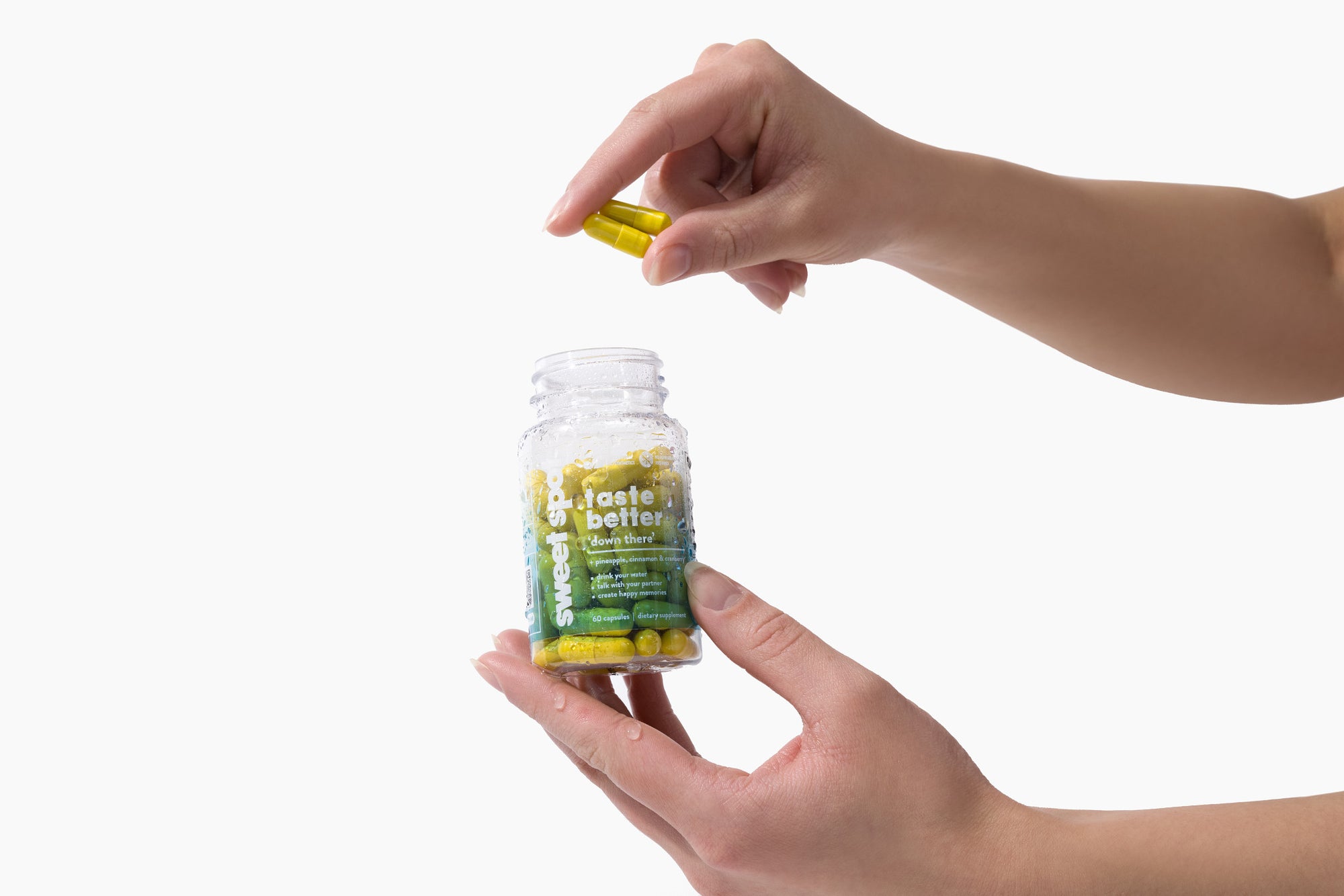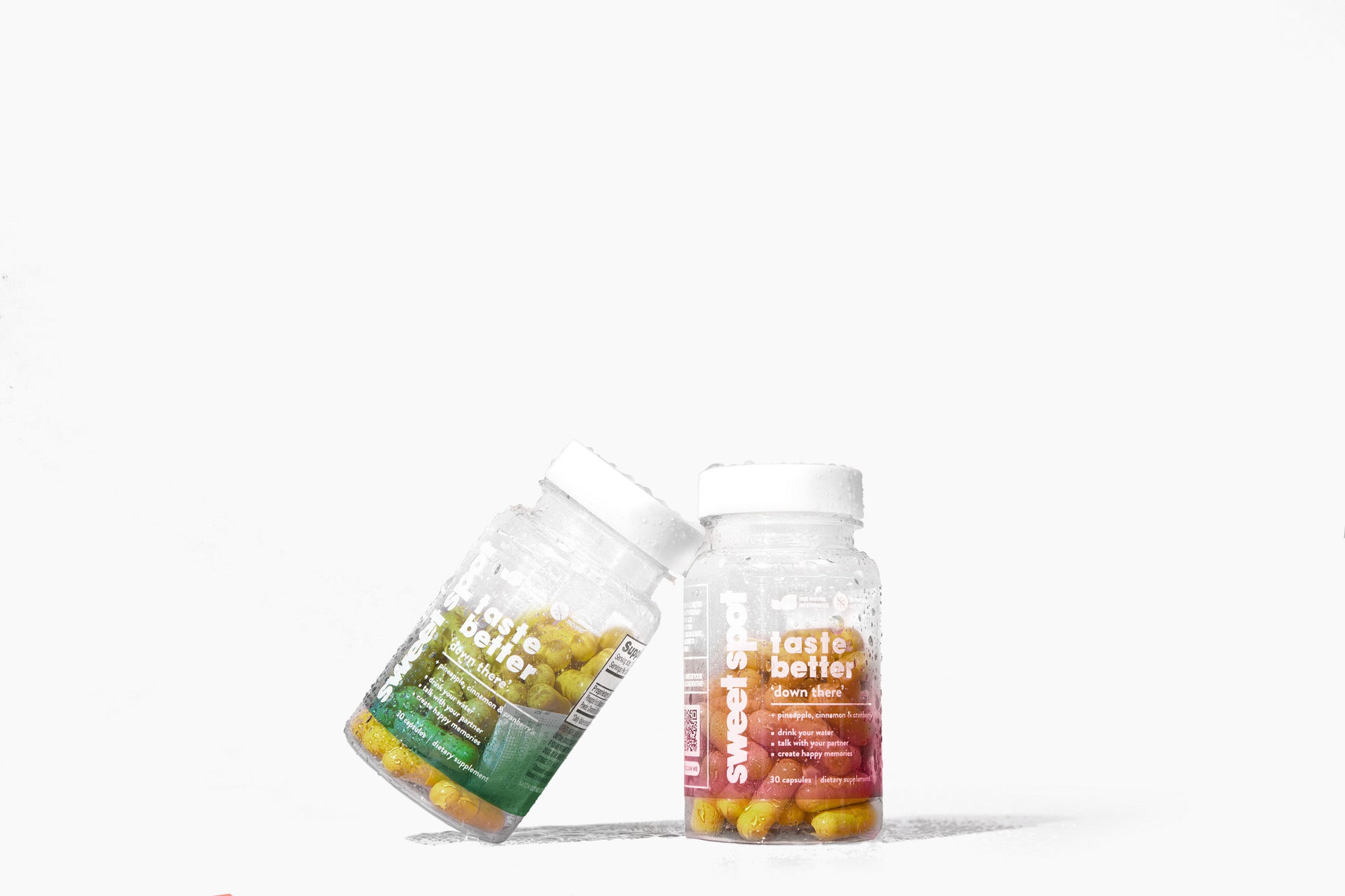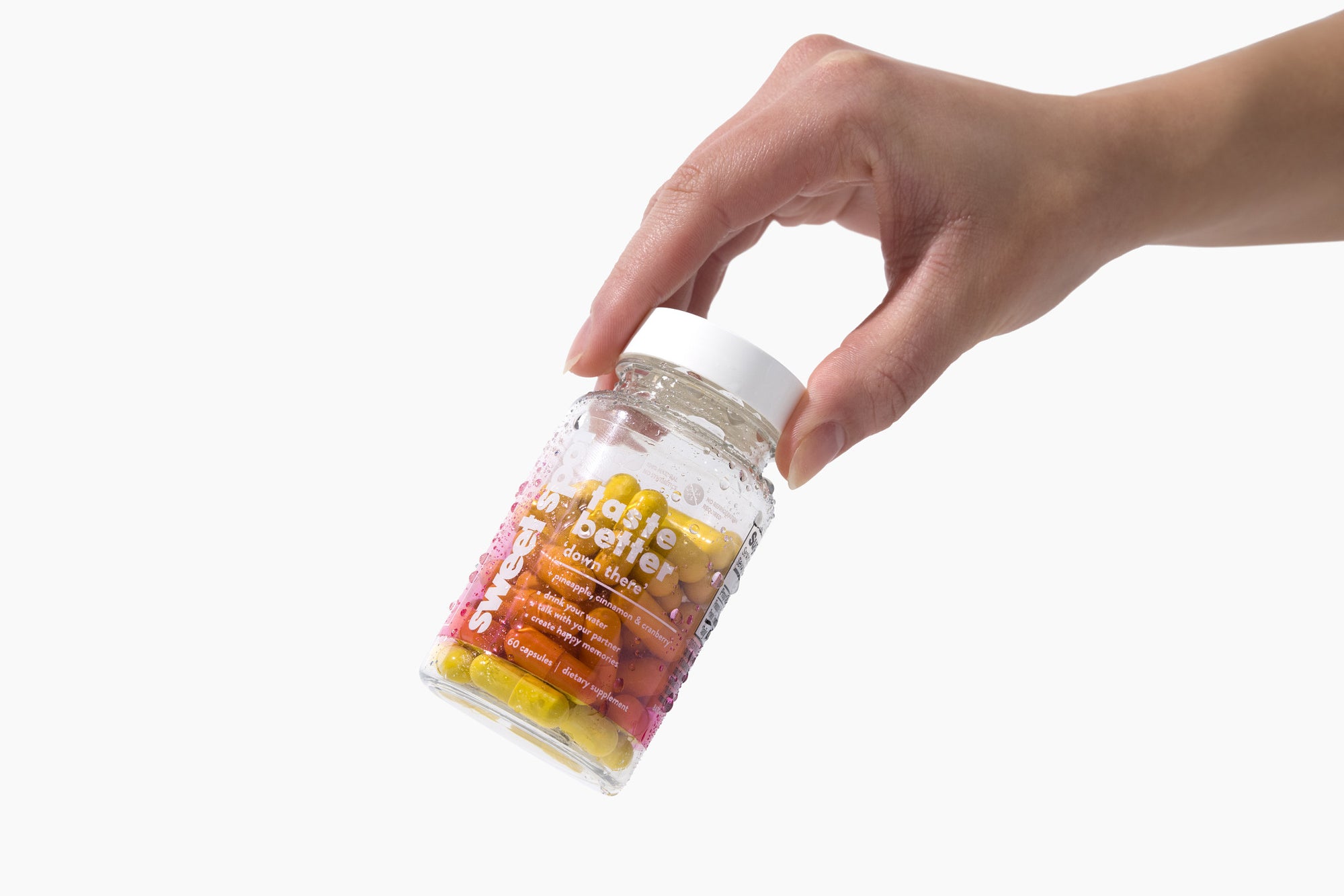

The Benefits of Probiotics for Gut Health and Beyond
Probiotics have become an increasingly popular supplement in recent years, and for good reason. These live microorganisms can provide a wide variety of health benefits, especially for gut health.
But probiotics can also benefit other aspects of health from immunity to heart health. Keep reading to learn more about how probiotics support overall health.
How Probiotics Promote Gut Health
First, let’s start with gut health. The human digestive tract contains trillions of microbes, including bacteria, viruses, and fungi. This is known as the gut microbiome. The gut microbiome plays an essential role in many bodily functions like metabolism, nutrition, and immunity.
Probiotics help populate the gut with beneficial microbes to keep this sensitive ecosystem balanced. Here are some of the ways probiotics encourage gut health:
Improve Digestion and Nutrient Absorption
Probiotics ease digestive issues like bloating, gas, diarrhea, and constipation. They help break down food and enhance the absorption of nutrients. For example, certain strains assist with digesting lactose for those with lactose intolerance.
Probiotics also facilitate the synthesis of B vitamins and vitamin K in the gut.
Support Immune Function
About 70% of the immune system resides within the gut. Probiotics interact with intestinal immune cells to modulate the immune response. They block pathogens and harmful bacteria from colonizing in the gut.
Some strains also release antimicrobial substances to directly combat harmful microbes. This immune boost helps prevent infections and reduces gut inflammation.
Restore Balance to the Microbiome
An imbalance of good and bad bacteria in the gut microbiome can lead to dysbiosis. This is associated with several chronic diseases. Consuming probiotics provides a surge of beneficial bacteria to crowd out harmful bacteria. This restores equilibrium to support a disease-free state.
Alleviate Certain Digestive Diseases
Probiotics have shown promise in managing digestive diseases like inflammatory bowel disease (IBD), irritable bowel syndrome (IBS), and infectious diarrhea. By improving the integrity of the gut lining, modifying gut reaction to pathogens, and reducing gut inflammation, probiotics may induce and maintain remission of these diseases.
Promote Regularity
For those prone to constipation, probiotics enhance regularity through softening the stool, increasing gut motility, and allowing smoother passage through the digestive tract.
For diarrhea, they act to firm up loose stool and slow down motility to allow greater water absorption from the colon. This regulating effect alleviates discomfort from irregularity.
Supporting Vaginal Health with Probiotics
The vaginal tract, like the gut, hosts an array of microbes that play a crucial role in health and disease prevention. An emerging area of research involves exploring how probiotics like Juicy Girl may influence the vaginal microbiome and feminine health.
Certain strains of beneficial bacteria, such as those from the Lactobacillus genus, are thought to be particularly important for maintaining vaginal health. These microbes help preserve an acidic pH, produce compounds that inhibit pathogens, and create a protective barrier along vaginal tissue. This helps stabilize vaginal flora and prevent issues like bacterial vaginosis and yeast overgrowth.
Early clinical evidence suggests probiotic supplements may assist with some gynecological conditions. For example, restoring Lactobacillus populations through oral or vaginal probiotics shows potential for dealing with stubborn bacterial vaginosis. And specific strains seem to alleviate problematic symptoms related to menopause and vaginal atrophy.
Probiotics for Men: Supporting Prostate and Reproductive Wellness
Probiotics may offer unique benefits for men's health below the belt. Research suggests certain strains can assist with prostate care and enhance aspects of reproductive function.
The prostate gland contains its own distinct microbiome that can be disrupted, enabling bacterial overgrowth and inflammation. Oral probiotics like Lactobacillus and Bifidobacterium species may impede this process by crowding out pathogens, reducing swelling, and preventing conditions such as prostatitis.
Specific mixes of Lactobacillus, Bifidobacterium, and other microbes also show promise for improving sperm parameters like count, shape, and mobility. They appear to raise sagging testosterone, lower oxidative stress, and decrease immune cell damage in the testes. For couples struggling with fertility issues, incorporating select probiotics may support conception efforts.
Taste the Sweet Spot has men covered too with Juicy Boy.
Additional Health Benefits
While probiotics have an established positive influence on digestive health, researchers continue uncovering ways these friendly microbes benefit other bodily systems too:
Enhanced Immunity
The immune-boosting capacity of probiotics extends beyond the gut. Probiotics regulate systemic immune function by interacting with immune cells throughout the body. Studies show probiotic supplementation reduces the risk of common infectious illnesses like the cold and flu. Probiotics may also lessen the severity of allergies and eczema flareups.
Improved Mental Health
The gut and brain share constant communication through the gut-brain axis. Intestinal bacteria can influence mood, stress response, and even behaviors via this pathway. Studies indicate probiotic strains like Lactobacillus and Bifidobacterium impart anxiety-reducing and mood-lifting effects in humans. Probiotics may also ease depression symptoms.
Lower Blood Pressure and Heart Disease Risk
High blood pressure damages blood vessels and strains the heart over time, increasing the likelihood of heart attack and stroke. Remarkably, certain probiotic strains can modestly reduce blood pressure in people with hypertension. Probiotics may accomplish this through enhancing nitric oxide production, antagonizing hormones that constrict blood vessels, and decreasing inflammation. A lower heart disease risk follows blood pressure reduction.
Reduced Severity of Certain Cancers
While research is still emerging, some probiotic strains exhibit anti-tumor capabilities. Probiotics may suppress cancer progression by blocking genotoxin-producing bacteria, strengthening the gut barrier, reducing inflammation, and regulating immune function. So far, studies note the greatest cancer-fighting potential occurs in colon cancer.
How to Select an Effective Probiotic
To reap these diverse wellness benefits, it’s important to choose an efficacious probiotic supplement. Here are a few key factors to consider when selecting a probiotic:
CFU Count
The CFU indicates the number of live and active microbes per dose. Look for a supplement with at least 1 billion CFUs to ensure therapeutic numbers of bacteria survive the journey to the intestines.
Strains
Try to select a multi-strain formula. Different strains impact different areas of health. A diverse profile ensures you’ll get a wide range of benefits. Some exceptional strains to look for include Lactobacillus GG, Lactobacillus plantarum, Bifidobacterium lactis, and Saccharomyces boulardii.
Delivery System
The supplement should use a delivery method to protect the delicate bacteria as they pass through the acidic stomach environment. Encapsulation and micro-pearls are effective at safeguarding probiotics.
Other Considerations
Also check the package for evidence of third-party testing, efficacy upon expiration, specialty formulations for women versus men, storage temperatures, and whether the species are human-sourced.
Are Probiotics Safe?
Research indicates probiotics are very safe for most people. However, there is still a theoretical risk of some adverse effects. For instance, probiotics could trigger an inflammatory response in those with severe immune dysfunction. They may also contribute to unwanted metabolic or brain changes over time with very high doses.
Talk to your doctor before taking a probiotic if you have a critical illness or weakened immune system. Start probiotics at a conservative dose and work upwards slowly while gauging tolerance. This allows your body time to adapt to the bacterial changes. Also, refrain from taking probiotics with certain antibiotics as this combo may neutralize their effectiveness.
Given the expansive impact probiotics have on human health, they are worth incorporating as a daily preventative and wellness supplement. Consuming probiotics via capsules, powders, foods, or beverages can tip your internal balance towards an overall disease-free state. Just be sure to select a reputable brand that delivers live cultures to your intestinal tract.











